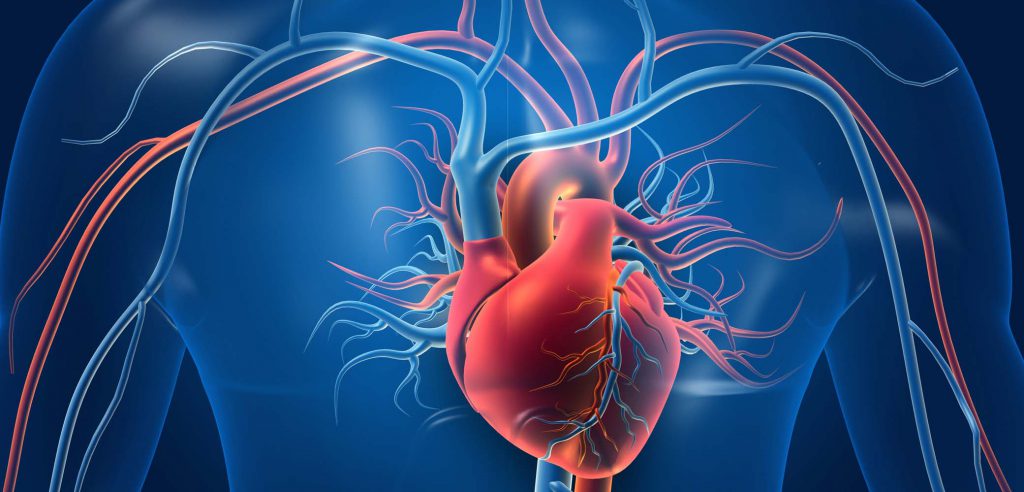Roles of a Vascular Surgeon
Vascular surgeons are specialists trained to treat conditions affecting the vascular system. This is the system of veins and arteries that carry blood throughout the body. It is also called the circulatory system.
While the term “surgeon” is in their name, vascular surgeons do much more than surgery. “I think the term ‘vascular surgeon’ is somewhat outdated,” says Alexander Hou, MD, a vascular surgeon with St. Elizabeth Physicians. “I think we should instead be called vascular specialists. We offer not only surgery but also complete vascular care.”
An Advocate for Vascular Patients
Common vascular diseases include aneurysms, arteriosclerosis and carotid artery stenosis. Patients with these conditions often need lifelong monitoring or treatment. Vascular specialists, for example, regularly monitor artery blockages or aneurysms to help patients know when surgery is needed.
As a result, vascular specialists are trusted team members overseeing the long-term health of those they care for.
“Our patients are ours forever,” says James Bardgett, MD, a general surgeon with St. Elizabeth Physicians specializing in vascular care. “We have the opportunity to develop long-term relationships with them. I see close to 200 patients for yearly monitoring. This lets me keep an eye on their condition before it becomes symptomatic or causes them any problems.”
Experts in New Vascular Technology
Vascular surgeons also work hard to stay on top of the latest surgical techniques and technology. They ensure patients receive only the best available care.
Surgical advances for vascular repair have evolved within the past decade. Today, there are new standards of care for surgeons and better outcomes for patients. Vascular specialists make it a priority to stay well-informed and well-practiced in their field’s latest advances.
“We consistently adopt or develop new technology and techniques to treat existing disease,” says Edward Caldwell, DO, a vascular surgeon with St. Elizabeth Physicians. “Over time, medical advances improve.”
Dr. Caldwell points to improvements in surgical care for acute vascular thrombosis. This condition occurs when a blood clot obstructs an artery. Just a decade ago, this condition may have required bypass surgery. Today, we treat it with minimally invasive endovascular surgery.
Extensive Vascular Care Beyond Surgery
While vascular surgeons are, naturally, skilled at all types of vascular surgery, they also have in-depth knowledge to help monitor patients’ overall vascular health.
Vascular specialists work with patients on making lifestyle changes. These can include smoking cessation and improving diet and exercise levels. Simple changes can reduce their risk of additional vascular complications. They can also assist in prescribing blood thinners or medications to reduce high blood pressure or high cholesterol levels, a key cause of plaque build-up in the arteries when needed.
“We are not like other surgeons who may operate on a patient once and they’re done,” explains Dr. Hou. “We know that our patients’ vascular disease won’t entirely go away. If they have a blockage today, they are likely to develop other blockages. That’s why long-term monitoring is important. We follow our patients for life.”
Learn more about our skilled team of vascular surgeons at the St. Elizabeth Physicians Vascular Surgery. Our dedicated physicians can assist you with your heart and vascular health needs.

